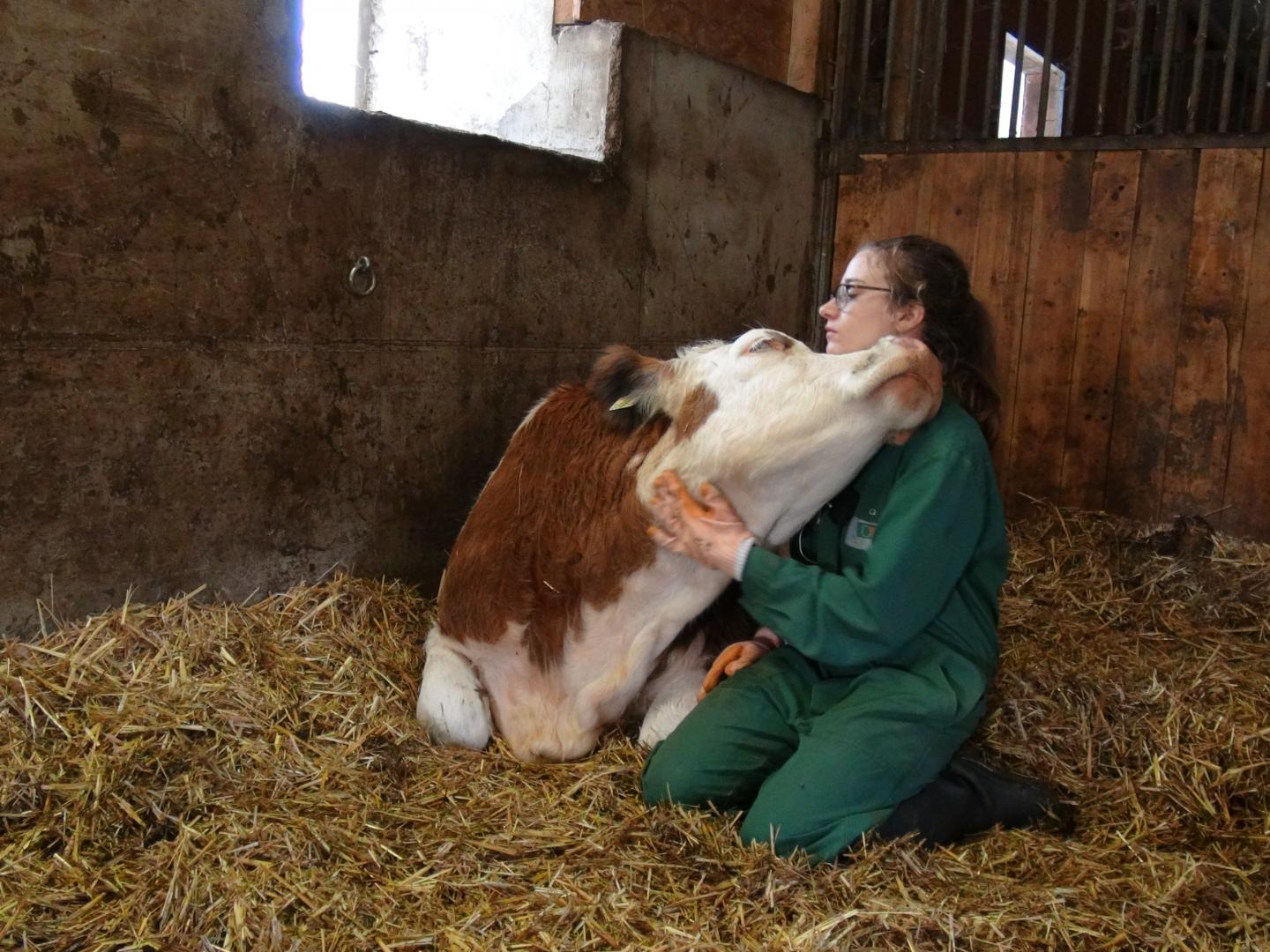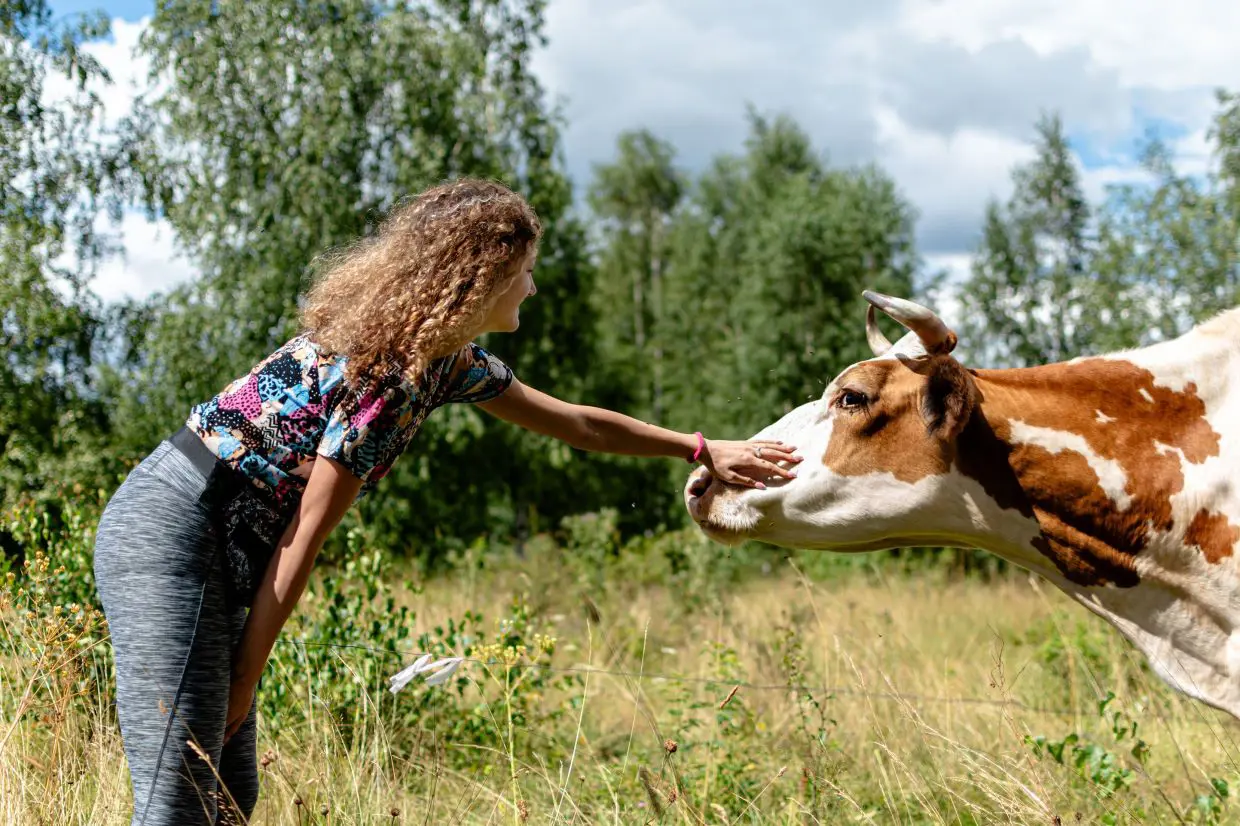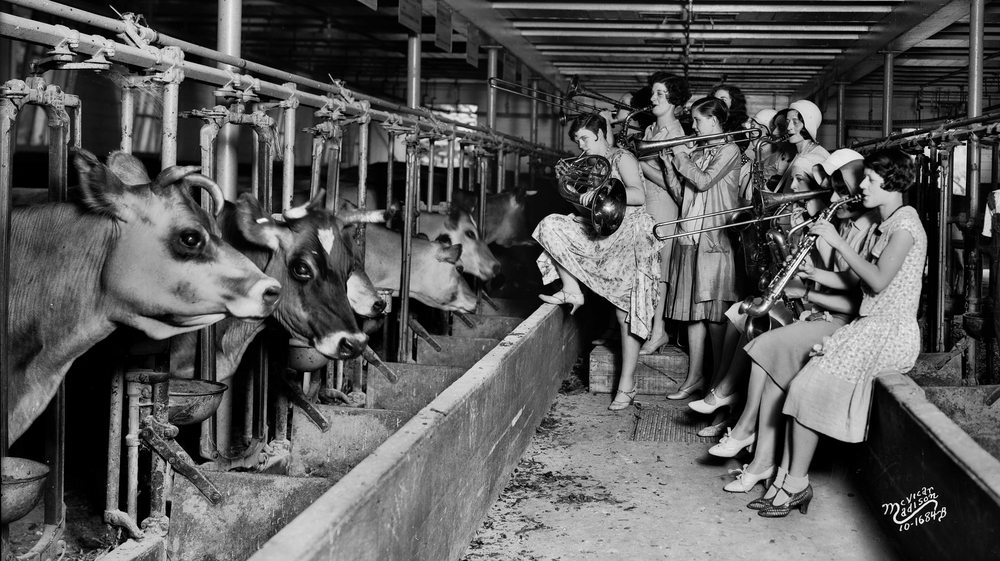[This post is a follow-up to my 5 min challenge to readers I posted last week. To get the most out of it, please do the challenge first.]
In the last post, I presented a disturbing video of cow/calf abuse at a dairy farm. The context was not to see it in terms of animal rights or the state of the meat/dairy industry but to examine the psychology of our own reactions to the video. Today I’ll make the actual connection.
From the comments that post got, we all disagreed on many aspects of our reaction, for instance how psychologically close to us we thought the abusers were, and the extent to which we noticed defensiveness in ourselves when watching the video. What we all agreed on was the level of our horror and disgust at the actions captured in the video.

Of course the degree to which we can be disgusted by a man curb-stomping a calf is the degree to which we think this is worse than the calf’s normal situation in the farm. Obviously it’s pretty hard to be outraged if this is actually an improvement.
Improvement?!, I hear you ask. When a dairy cow gives birth, the calf is very quickly taken from her, so that it wouldn’t “waste” the milk. This distresses the cows a great deal — I believe my friend Alan who lives surrounded by dairy farms reported the distress-cries of the cows to be audible at his house which is quite far from the dairy itself.

Well yes, I hear you say, but how could that be worse than the abuse depicted? Well, allow me a quick thought-experiment. Let’s say a cow gives birth and is separated from the calf but by a long corridor leading into a far-offbuilding. She can see that the corridor leads to the calf and that she must walk to be reunited with the calf. This second building is operated by someone like the people arrested, but the cow can leave freely. The cow therefore has a legitimate choice: stay with her calf and endure being punched in the udder and prodded with a pitchfork, or go back to the other building and remain in comfort but separation.
Of course we can’t run such an experiment. And although there may be equivalent ones that would pass an ethics committee (maybe some have even been done already), I don’t know the outcome. But I think that, given what we know about the biological nature of motherhood, it would take a lot [of cognitive dissonance?] to say that you expect the cow to choose comfort. Even the latest episode of Skepticality had an interview which outlined some horrible research on rhesus monkeys which showed that baby monkeys prefer the affection of a fluffy fake mother doll to a more austere mother doll that actually gave them milk. Of course cows aren’t monkeys, aren’t social primates etc etc. But still, I think that given what we know about the evolution of familial emotions, the calf-plus-beatings option is much more probable.
But this would of course make the normal existence of a dairy cow to be worse than the beatings in the video — at least from the cow’s perspective.
In discussions about animals, agriculture, factory farming and vegetarianism, a lot of time is spent on the physical aspects of the situation. I think this shows it to be a huge red herring: the emotions of affection are much more important for human and non-human animals. In fact, to privilege the immediate comfort levels as a topic for discussion is a bit insulting: it tends to de-animalise the animal in question.





0 Comments